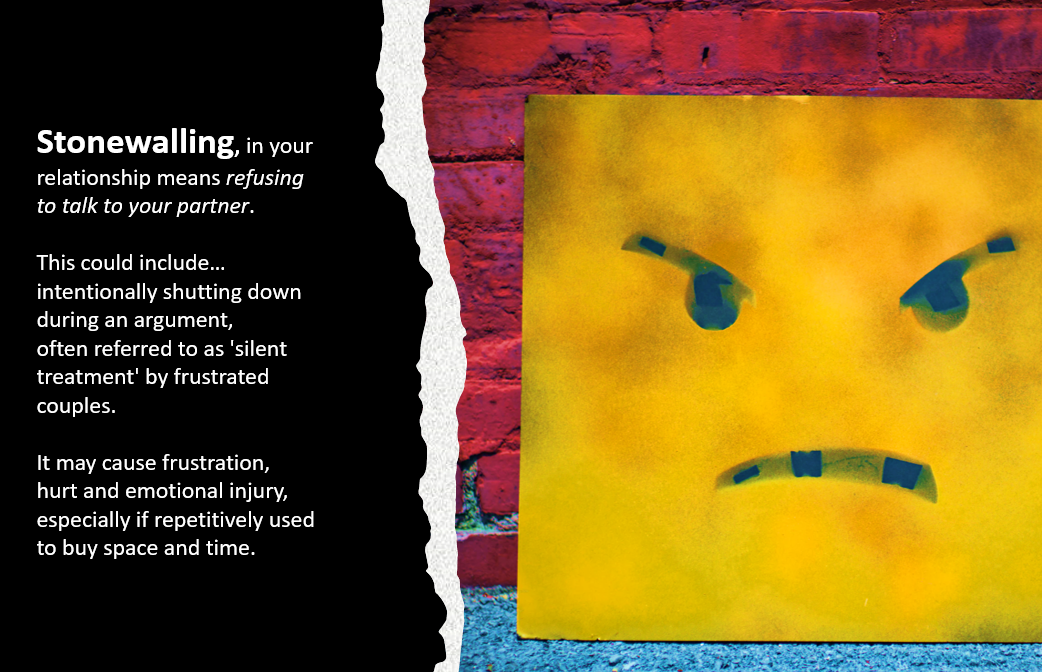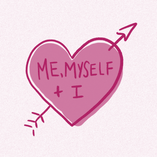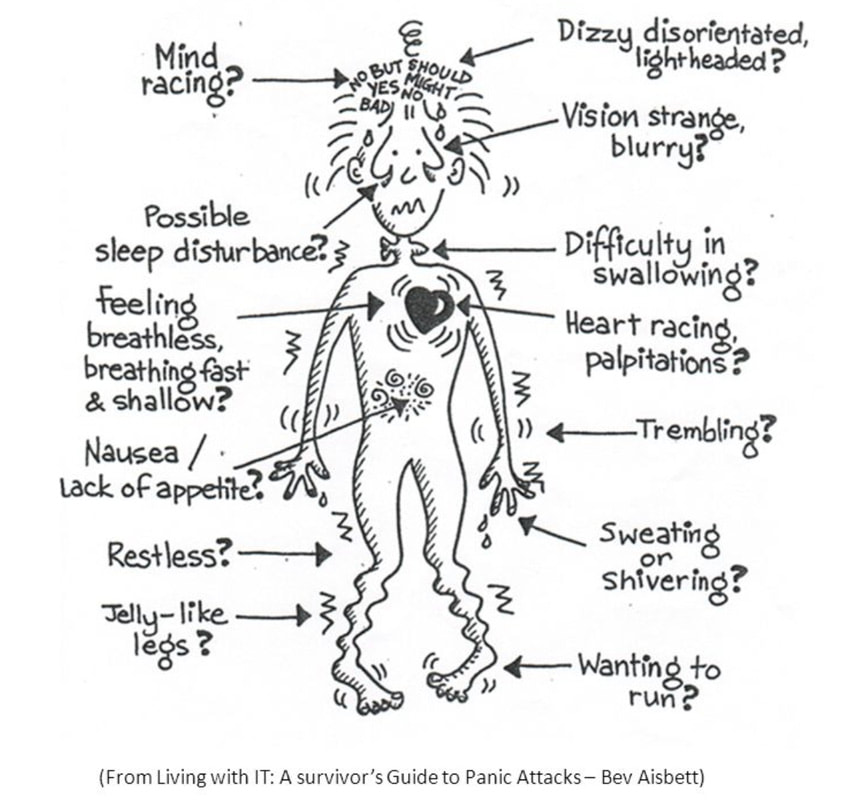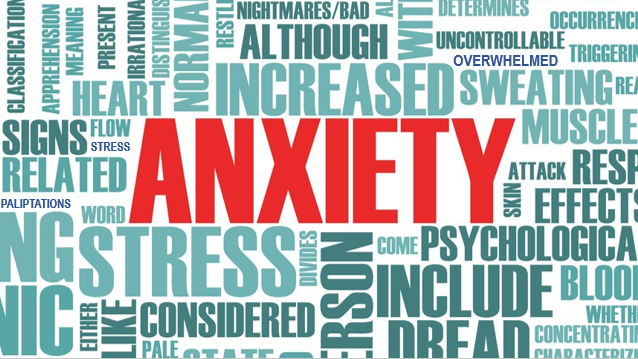 Stonewalling in your relationship means refusing to talk to your partner. This could include intentionally shutting down during an argument, often referred to as 'silent treatment' by frustrated couples. It causes feelings of abandonment, hurt and harms the relationship when it is applied as a strategy to buy space, and time. Worse yet, if this happening regularly, then you might need to address this with the help of your relationship counsellor as it could be the signs of an abusive relationship. IF it appears to be a one off experience or rare occasion that this happens, here is what you can do: 1. Use a slow, soft approach. 2. Make an observation, not a judgement i.e. "When I see you go quiet, and withdraw into yourself..." 3. Describe how it makes you feel. i.e. "... I feel lost, alone and without hope for our relationship" 4. Make a request, not a demand. i.e. "Would you be willing to make some time to touch into this in a way that keeps us both safe?" Expect a NO. This may require a little more: "I would love it if after we have had some time with what is upsetting us, to address what it is that is causing the most pain. I hate seeing us suffer like this. This is not just your problem, or my problem, this is our problem." 5. Take your best manners to the table, be respectful to your partner, reflect what they are saying and do everything you can to really hear them. Sometimes we also need to see if we are just avoiding the problem, rather than stonewalling. This is a whole blog post on its own, but know that if you are practicing avoidance, you are probably also engaging in stonewalling if you are not on speaking terms. I encourage you not to wait until you are both in crisis before you seek help. Couples counselling is effective in offering real relationship skills that can change the course of your entire life, not just your relationship. Clear communication, healthy conflict management, and couple routines are key to maintaining a fulfilling relationship with your partner.
0 Comments
 Gaslighting is more common than you think! In fact, you may have already done it to someone this month at least. Well, what is gaslighting you might ask? Gaslighting is when you convince someone that their reality is not true. It can start with the simple things like: "You said you would meet me at 10:30am, but you arrived at 11am" (When the original time was really 11am). Usually this would seem harmless on the surface but it can branch in more nefarious statements like: "No you didn't make me a priority, you only thought of yourself!" Said often enough the listener will eventually start to believe this if the thought goes unquestioned. At its worst it can sound like this: "You are so complicated, I just want you to be happy, for once" This carries undertones of there is something wrong with you. You are never happy, and that you are tough to please. That doesn't always sound damaging or dangerous but said often enough, it can settle into a "I am perfect, and you are not" kind of vibe. Here are some more classic gaslighting sentences:
So what is the antidote I hear you ask? Well, you think your partner for their gift of criticism, and you check up for yourself - question the statements using the Work of Byron Katie to get clear, and then also verify with others to ensure that your reality is congruent (aligned) with what you believe about yourself. Keep your confidence, and don't let it get to you. Call it out when it happens, so that gaslighter knows you are onto them. Stop them in their tracks. It is a form of domestic violence, in classic textbook form. Gaslighting in its worst form is debilitating, erosive, and divisive. No-one wins and everyone loses. Choose your relationship words carefully, take care of yourself and others. If it is happening to you, get support.
Where there is one, there is always the otherIt takes real courage to turn the light back in on yourself, and get clear about what it is you need to do in your relationship, especially when it gets to the point of using terms like narcissist. So here is the difficult bit to swallow with 'where there is one, there is always the other.' If your partner calls you a narcissist, then sure as nuts, there are also times when they are also narcissistic or vice versa. I know, it sucks to realise that it is also possible that you yourself may have a part to play in the creation of your partner's behaviour. These are the blindspots, and because our pain prevents us from seeing reality in a 360 degree view, it does take a professional counsellor to help you navigate this in terms of what is real and what is not. Its not always something you can see yourself or call you or your partner out on either. If you do see it, then how to remedy it is where I come in. I show you how to navigate this area with communication, challenging our thoughts and looking at the family system to see what is the story that needs to be told. All said and done, its can be a joy to keep exploring your relationship for the gifts it brings, the good and the bad. If it brings you to a exploratory journey around the power of labels, and how they should be used or not used, then we could agree that your partner is your best teacher.
Panic attacks are what they are - your body is saying "No!", and sending you a message that deep spiritual work that needs to happen. This is part of what drives your spirit to signal through your sub-conscious mind and your body, that a deep listening needs to occur. Sometimes our lives are such, that time doesn't permit this to happen, or we use movies, booze, sex, drugs to numb out, and when that temporary fix wears off we are back where we started, anxious and without the skills to be able to look at what is really going on for us. First up, lets look at what do if you are feeling anxious right now, and then what you can do when you have brought your anxiety down a notch or two and you are no longer in panic mode.
When you are over the panic attack, here is what you need to do:
When you are feeling fine again, and your anxiety has dropped a notch, start to consider lifestyle changes - food, sleep, diet, alcohol, exercise, work patterns, stress management. If you find that taking these steps don't help reduce symptoms, then it is time to see your counsellor. That's me! Sometimes anxiety has deeper roots in your family system, your physiology, your thinking patterns, your life situation or past development or event trauma. That's when you come and see me. Together we can explore this area as I meet you where you are at, shine a light in the dark places so you can discover what is true and doable for you. I work with you, using a range of tools and techniques, in a respectful, non-judgmental and supportive environment, to build your confidence back up again, until you realise, you don't need to see me anymore because you are doing just fine.
What I have learned is that anxiety is usually the first signal that something in our life is not right or balanced. This is usually when your body, the most intelligent part of you, is sending out warning signals. If you are surprised, so you should be - popular belief is that it is the mind that is to blame for all this malarky, but in reality, the neuroscience (Besel Van Der Kolk, author of The Body Knows the Score), now shows it is the body that has the smarts on what is reaaallly going on for you! That said, the way I approach anxiety, it is that both mind and body are contained in the same biochemical suit (thanks, Einstein). When one signals the other and vice versa, it means something that may be beyond your awareness, is causing a life imbalance or an upset is going down in your system. By system, I mean your body system, your family system, your workplace system, your country system etc - all the systems, you as a human being are connected to. Why should we care? When anxiety is not addressed, things just can get worse over time. There is no need to worry though as much can be done before getting to that point. When you feel anxious...
Start to consider lifestyle changes - food, sleep, diet, alcohol, exercise, work patterns, stress management to set yourself up for a calm, harmonious lifestyle. A lifestyle, that some say, calls the body to go into the 'rest and digest' mode, as opposed to the fight, flight or freeze mode. If you find that taking these steps don't help reduce symptoms, then it is time to see your counsellor. That's me! Sometimes chronic anxiety has deeper roots in your family system, your physiology, your thinking patterns, your life situation or past development or event trauma. That's when you come and see me. Together we can explore this area, as I meet you where you are at, and as we become fellow travellers, I will be able shine a light in the dark places so you can discover what is true for you. I work with you, using a range of tools and techniques, in a respectful, non-judgmental and supportive environment, within the limits of what is doable for you learn new ways of being, locate the entanglements of your systems, and to build your confidence back up again, until you realise, you don't need to see me anymore because you are doing just fine. That is when my job is well and truly done! |
AuthorI am passionate about being the catalyst for change for the better, supporting the greater good to create causes and conditions to benefit everyone down the track. Archives
March 2023
Categories
All
Back to Home
|



 RSS Feed
RSS Feed